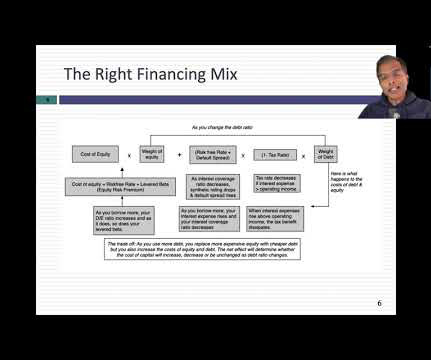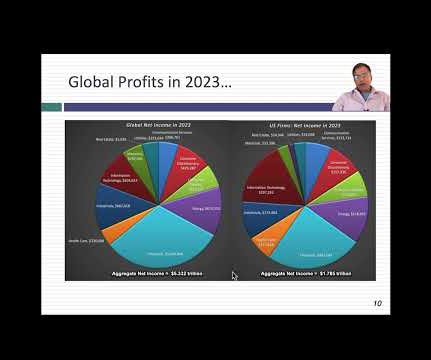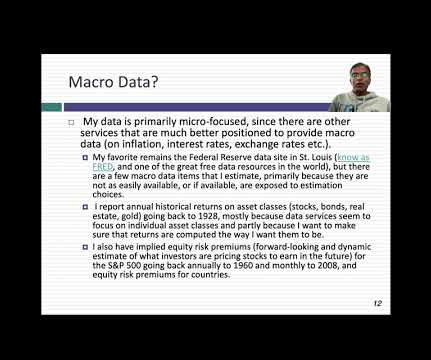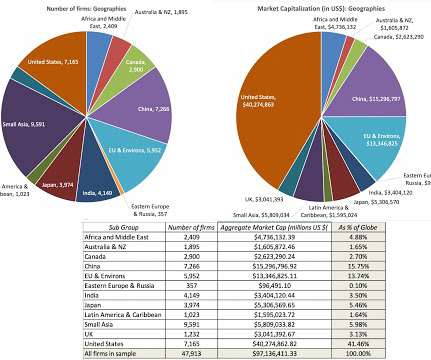Data Update 6 for 2023: A Wake up call for the Indebted?
Musings on Markets
FEBRUARY 27, 2023
Cash generating capacity : Debt payments are serviced with operating cash flows, and the more operating cash flows that firms generate, as a percent of their market value, the more that they can afford to borrow.












Let's personalize your content